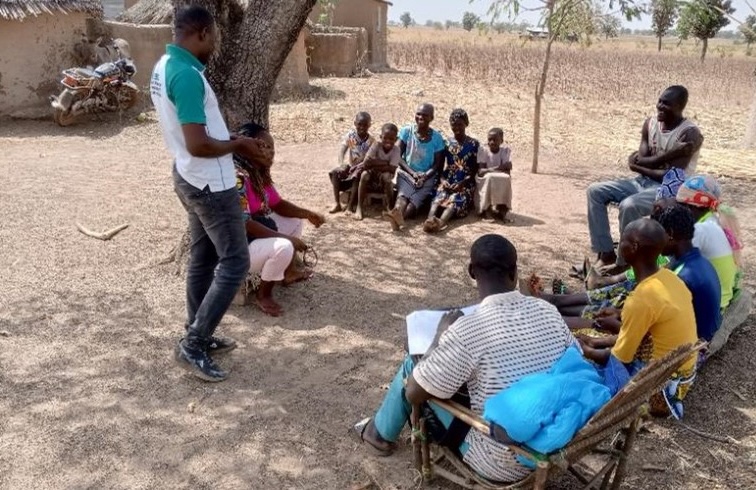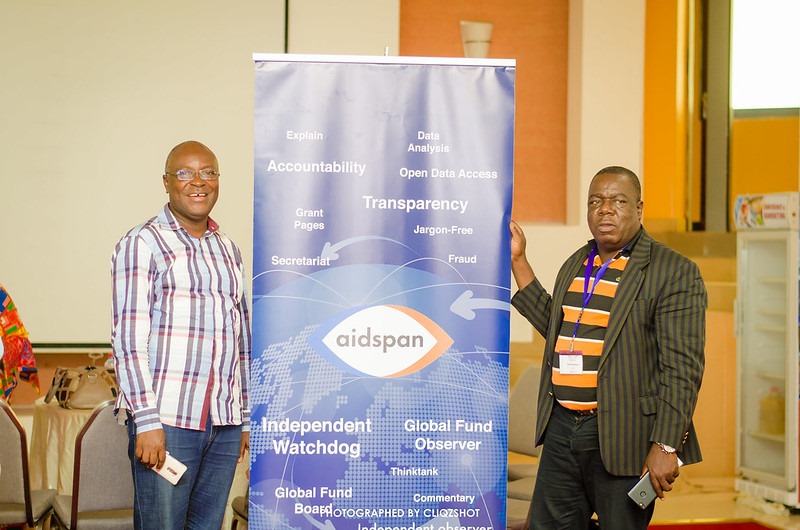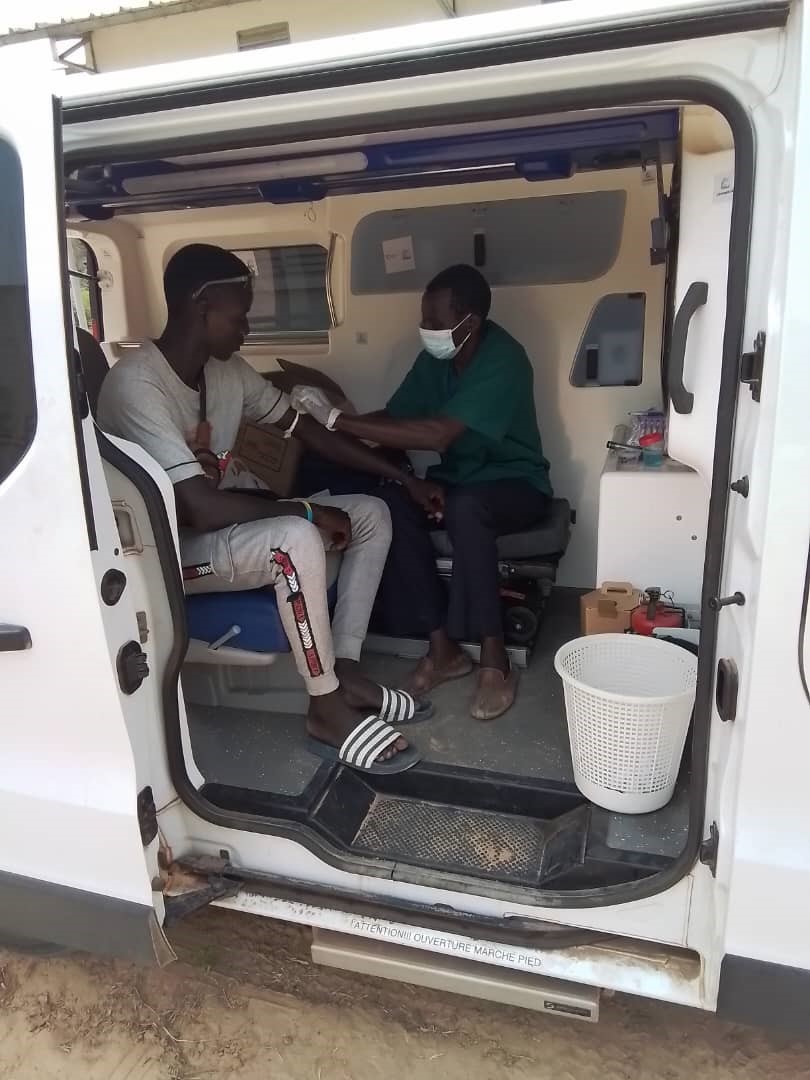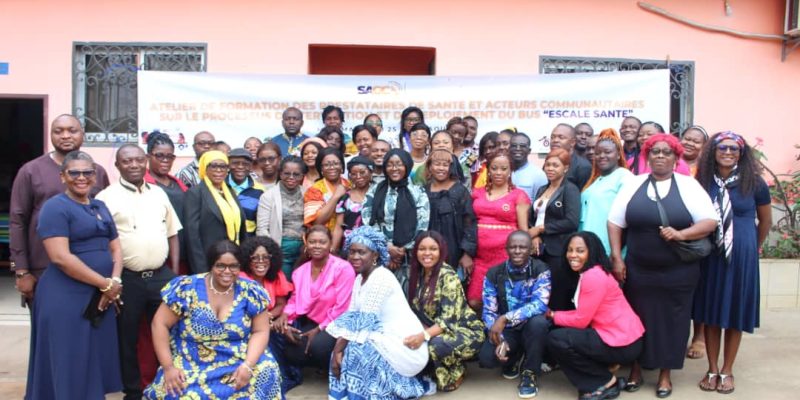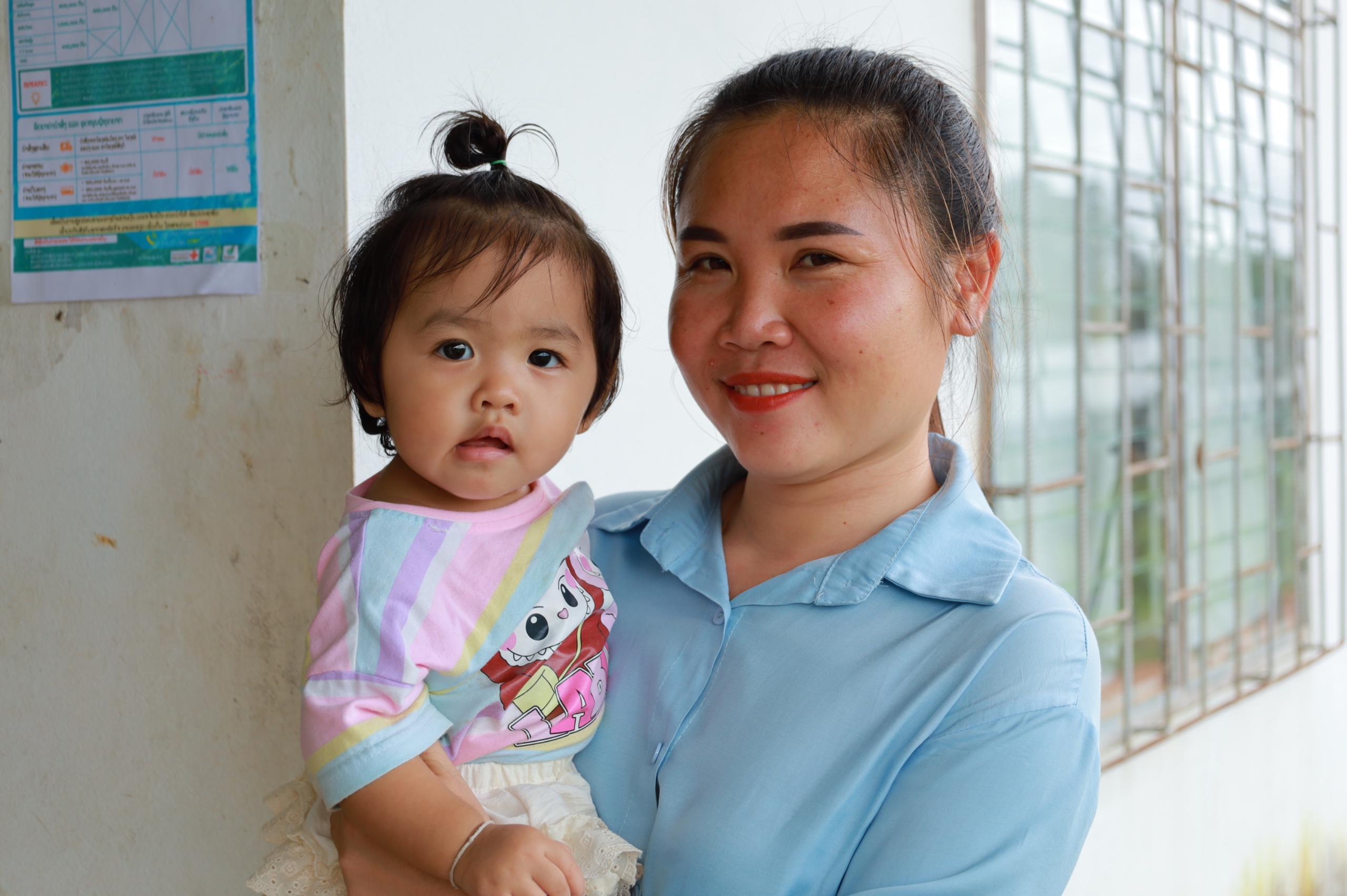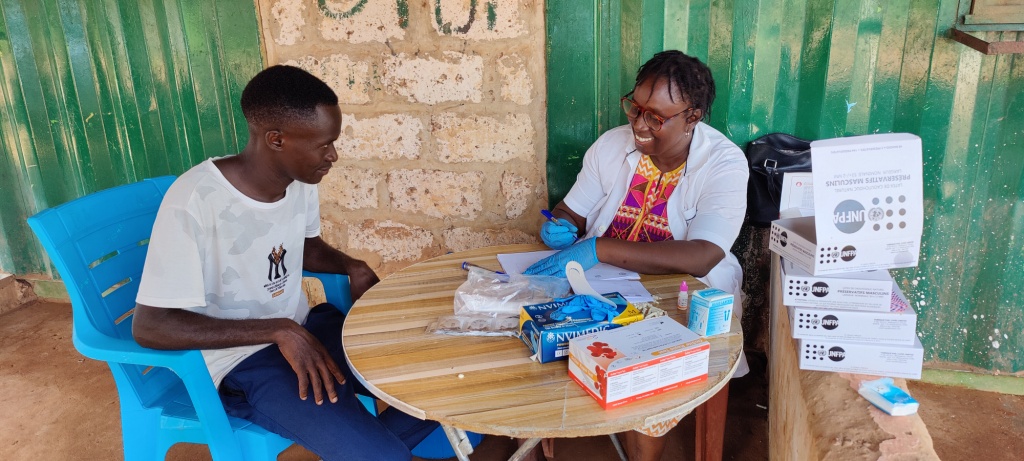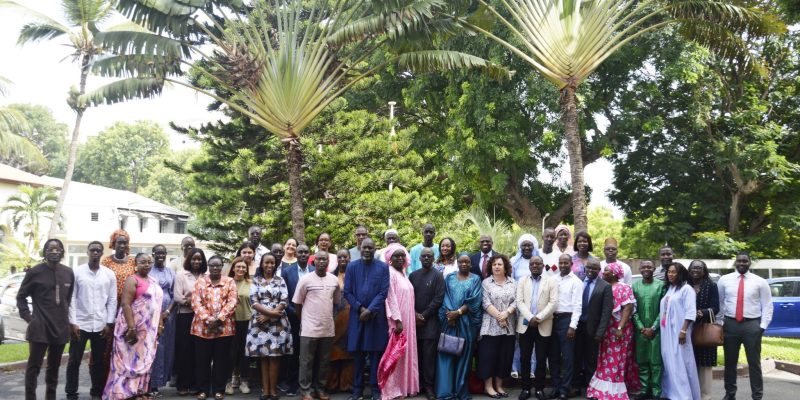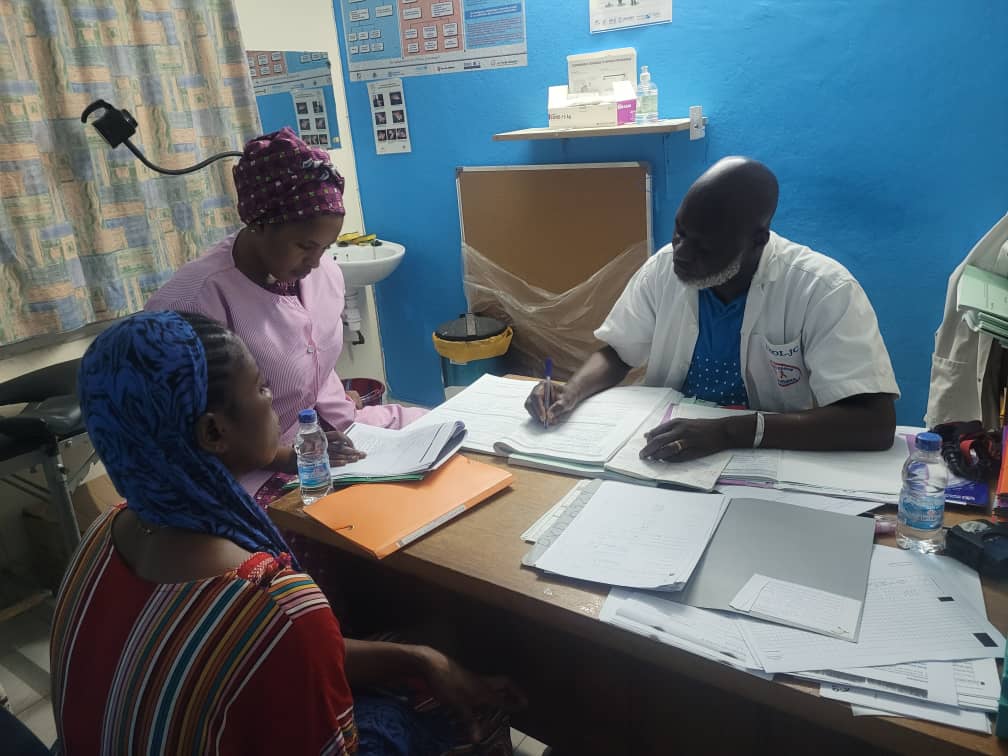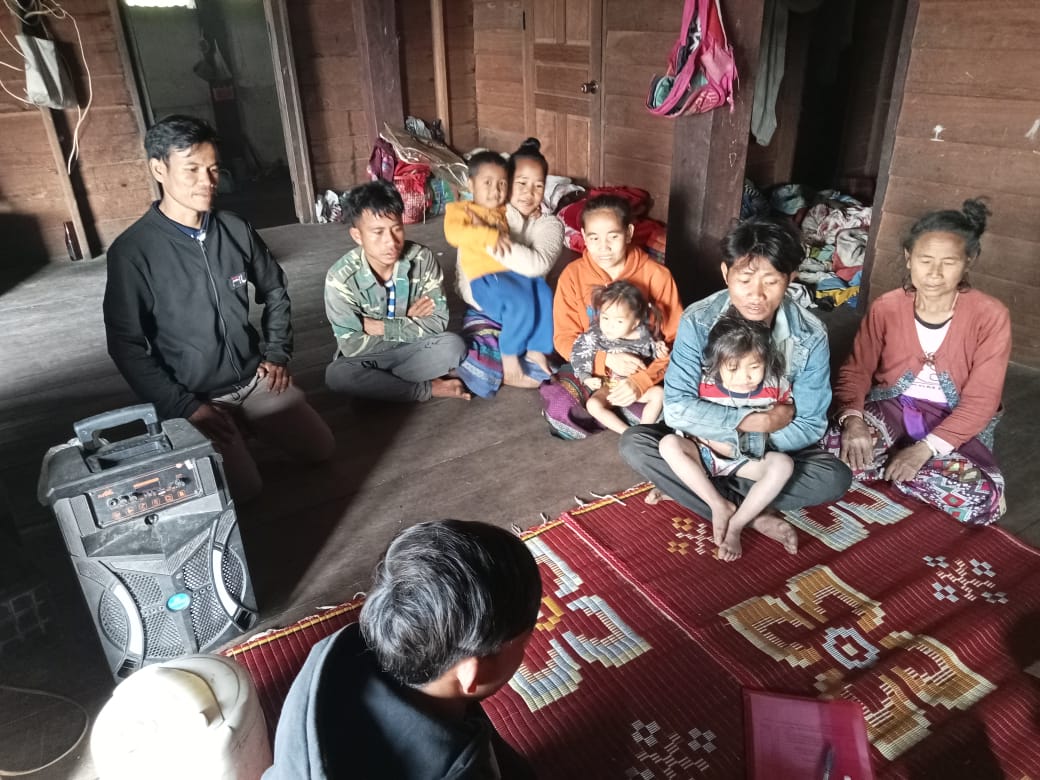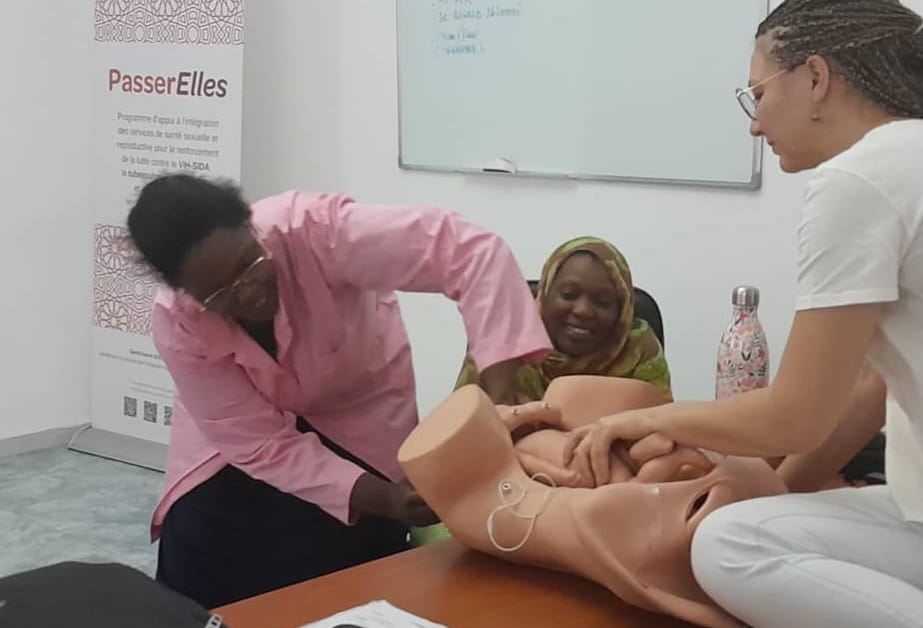The project aims to establish community distribution points managed by village cooperatives to supply medicines for HIV, tuberculosis, malaria, and reproductive health in Togo, while creating income-generating opportunities for women.
Context
The project targets the Savanes region of Togo, where only 34% of the population lives within 5 km of a healthcare facility. To enhance medical services, the project aims to strengthen health coverage by providing tailored services, particularly for people living with HIV and tuberculosis. This initiative specifically addresses the last mile challenge, improving medicine distribution while promoting the financial and decision-making empowerment of women through income-generating activities. Community distribution points (PODIs) are established through village cooperatives to supply essential inputs for HIV, tuberculosis, malaria, and reproductive health.
Description
The first phase of the project involves developing a PODI model that mobilizes two local cooperatives, tailored to the context of the Savanes region while considering gender-related barriers. The project collaborates with CAMEG to map and organize distribution channels, including setting up a mini-depot.
Impact
Through these PODIs and improved treatment distribution, the project benefits ten village communities across two health zones, especially patients with HIV and tuberculosis. It enhances the traceability and availability of medicines, addressing challenges faced by both patients and the healthcare system. Additionally, the project aims to reduce the care burden on patients and promote income-generating activities for women involved in community associations and PLWHA (People Living with HIV/AIDS) networks.
